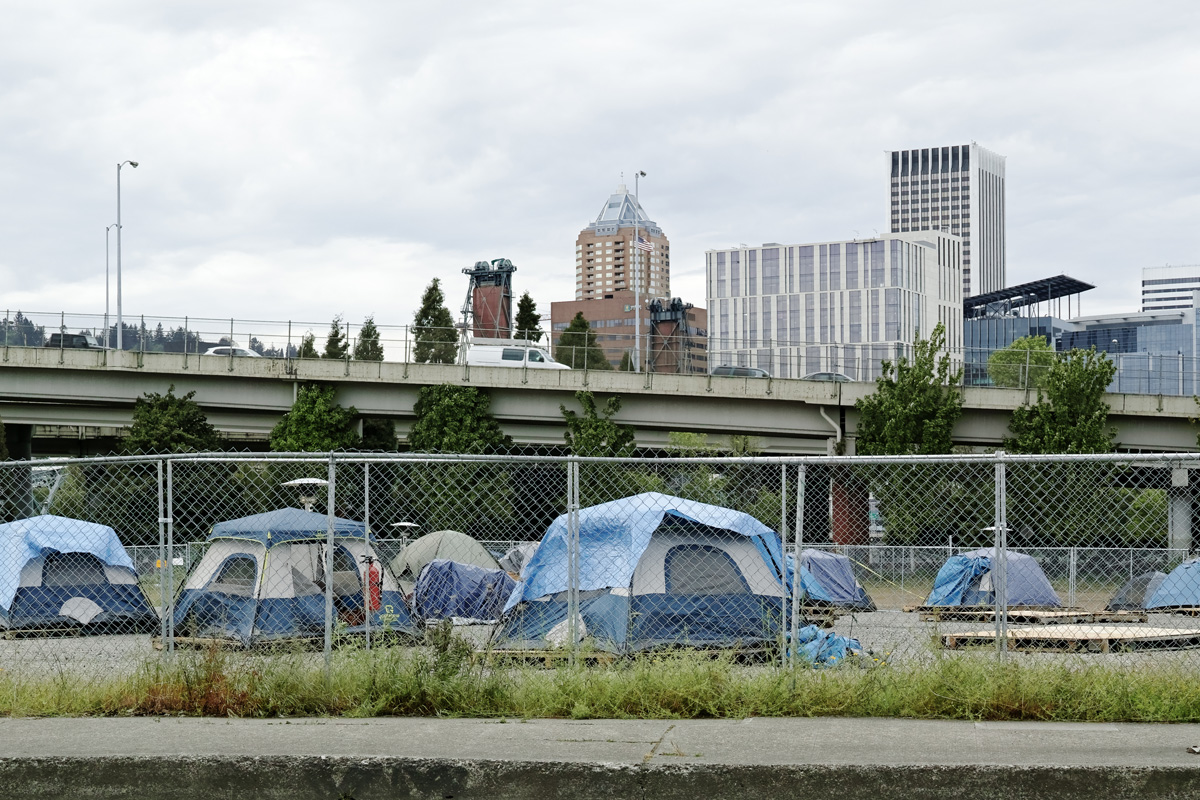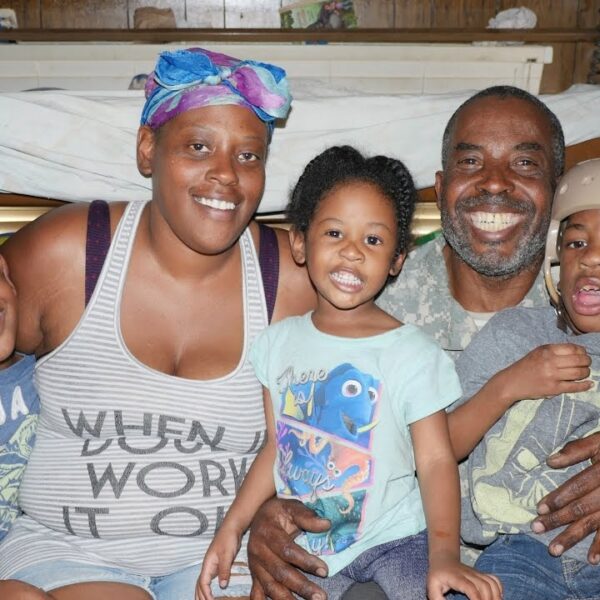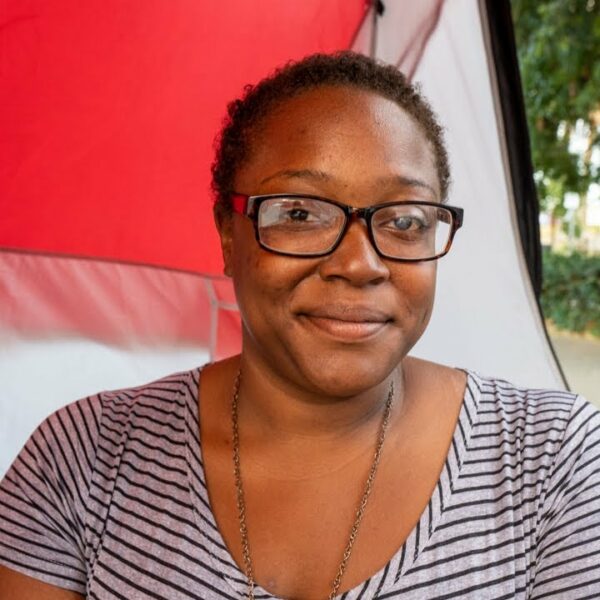Oregon’s Project Turnkey Is Buying Up Hotels to House Those Displaced by COVID and Wildfire
To help address an acute need for warm shelter in the cold Oregon winter, Project Turnkey has begun purchasing motels that will provide semi-permanent housing for homeless community members.
Stephanie Swanson, spokesperson for Project Turnkey and the Oregon Community Foundation (OCF), said in a statement to Invisible People that 40% of Oregon’s shelter beds are in winter warming shelters. However, many cannot open this year due to COVID since shelters at high capacity and without social distancing can lead to spread of illness. As a result, shelters are operating at half capacity due to COVID, making the need for winter shelter critical.
To solve the problem, the State of Oregon approved $65M to purchase motels throughout the state after conversations between OCF, state legislators, League of Oregon Cities and the Association of Oregon Counties began in June this year. The facilities will support homeless Oregonians and anyone displaced by Labor Day fires. As opposed to shelters, hotels give people the chance to get a little privacy and safely socially distance, too.
According to a report by Bakersfield, nonprofit owners will run and manage the purchased hotels. This means they’ll be able to offer services like counseling, job training, health care and addiction treatment on site.
State Rep. Pam Marsh represents southern Oregon communities where wildfires left thousands of people homeless. In an interview with Bakersfield, she said this is far more effective than hotel vouchers because the support is longer-lasting.
Marla Bautista, writer and founder of the Bautista Project, added that long-term support is the only way to make hotel purchases effective and sustainable.
“As a short term solution, getting an unhoused individual shelter is great,” Bautista told Invisible People. “But if those other steps are not being taken, the homeless individual will re-enter homelessness in 17 to 24 months.”
Bautista’s organization provides basic living essentials, educational resources, support groups, and other necessary resources to assist homeless community members. In her native Tampa, FL, she said while rapid housing efforts on cold days get community members off the streets in dangerous weather conditions, they don’t address underlying causes of homelessness like mental health. As a result, there’s a mental health crisis in Tampa. Bautista encourages individuals to hold their local legislators around the country accountable since mental health is a common issue for many homeless individuals across the country.
“[Tampa is] a great big city. So people give organizations lots of money to move [homeless community members] to a new city, to arrest them. We need to hold those organizations accountable,” Bautista said. “If you’re re-housing or providing mental health outreach, you need to do that. Speak up at your community meetings. Hold legislators and neighborhood boards accountable for programs that say they help homeless community members.”
Swanson said she believes Project Turnkey’s success will depend on “wrap-around services” and partnerships with community organizations. She expects the need for housing to increase drastically by the end of year—by as much as 45 percent. However, Oregon is not currently ready to meet that level of demand, she said.
Other states are also implementing similar programs and beginning to prepare for an increase in homelessness.
Oregon’s working group benefited from learnings, technical assistance and experience of a similar model in California. Swanson said if other states want to implement similar programs, they’ll need both funding and a “multi-faceted and inclusive partnership of public and private interests, grass roots community support and experienced real estate developers, and shelter and wrap-around service providers.”
COVID made the need for hotel purchases more urgent. And although the U.S. continues to see drastic increases in COVID numbers in housed and unhoused communities, Swanson said recent stimulus packages from the U.S. government will provide no additional benefit for Project Turnkey.
Congress passed a last-minute $900 billion COVID relief bill that includes essential emergency housing resources and protections on December 21st. However, for many unhoused people, access to bank accounts, government IDs and having previous tax records on file with the IRS make receiving any amount of stimulus money difficult at best.
Despite COVID-related challenges and other obstacles, Swanson said the Oregon hotels will soon be open to those who need them. This is crucially important as a looming eviction crisis could worsen conditions in the U.S.
Swanson said it was difficult to move quickly given that Project Turnkey had so many partners. But it has relied on experts like affordable housing developer Tom Kemper and real estate developer Bruce Wood. With their help and the Turnkey team, Swanson expects the first units should be available by the end of January. More shelter units will follow in February.
Bautista said she hopes the program provides long-term stability for homeless individuals. She thinks hotels are a good way to solve short-term problems quickly.
“I think that’s a great first step, housing individuals,” Baustisa said. “Starting them on a program that empowers them to do better, that’s amazing.”













